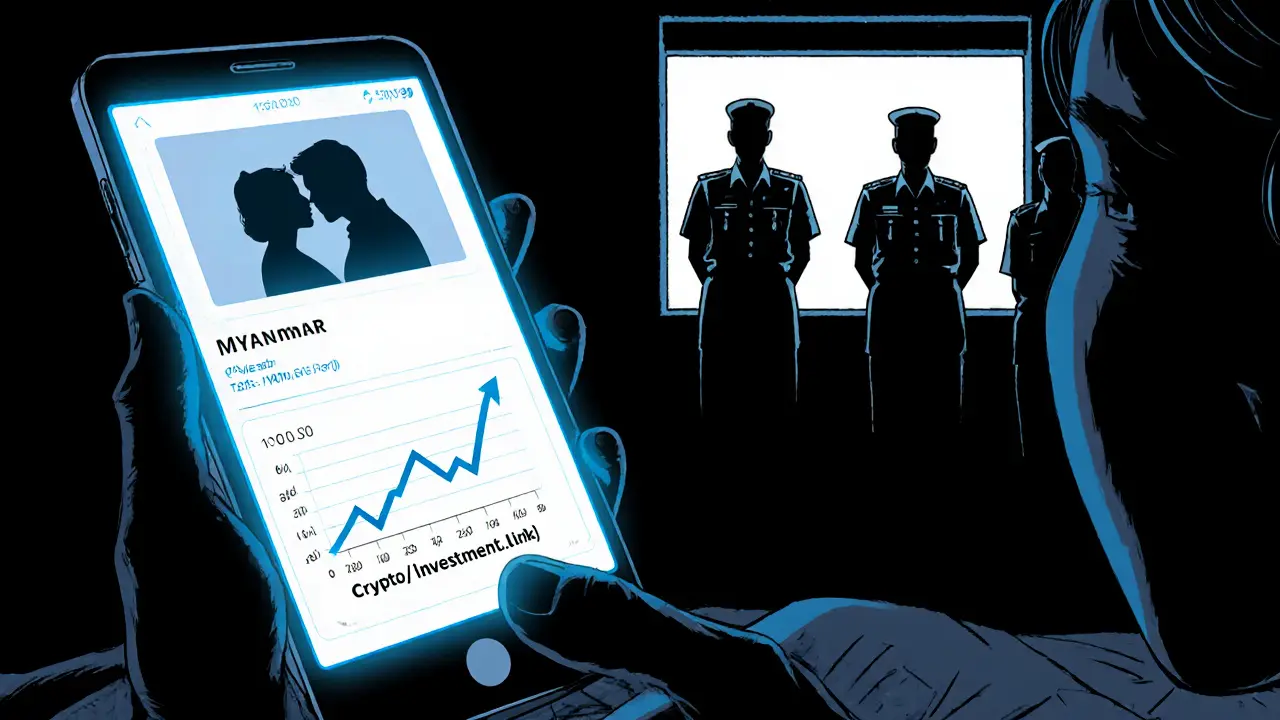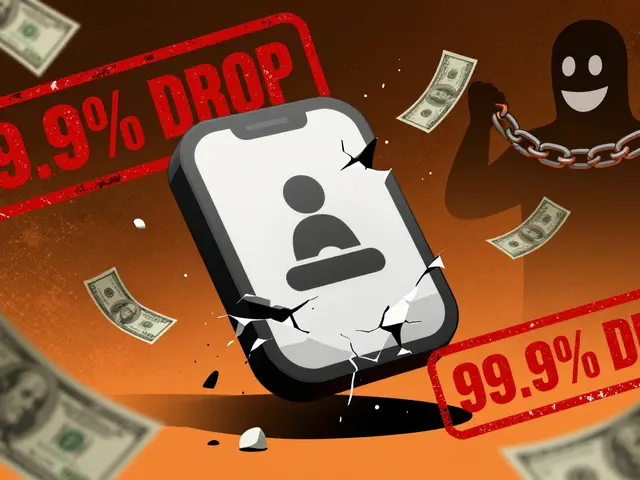Crypto Romance Scams: How Fake Love Steals Your Crypto
When someone you meet online says they love you and asks you to invest in a crypto project, they’re not falling for you—they’re trying to steal your money. This is a crypto romance scam, a type of fraud where scammers build fake emotional relationships to manipulate victims into sending cryptocurrency. Also known as pig butchering, it’s one of the fastest-growing and most dangerous types of online crime. These aren’t just fake profiles—they’re organized operations using fake identities, scripted conversations, and even AI-generated voice messages to make you believe you’re in a real relationship.
The scam starts with a match on a dating app, social media, or even a crypto forum. The person seems perfect: kind, successful, maybe even a crypto trader who’s made millions. They share stories about their work, show you screenshots of their profits, and slowly pull you into their world. Then comes the ask: "I found a once-in-a-lifetime opportunity," or "I can’t access my account right now, can you help me invest?" They might send you a fake app or link to a platform that looks real. Once you send crypto, it’s gone forever. No refunds. No trace. And the person? They vanish.
This isn’t just about broken hearts—it’s about lost life savings. People have sent tens of thousands of dollars to strangers they thought were their soulmates. The scammers know exactly how to trigger trust: they listen, they remember details, they mirror your emotions. They’re not just clever—they’re ruthless. And the worst part? They often target people who are lonely, new to crypto, or desperate for connection. If you’ve ever been asked to send crypto to someone you’ve never met in person, you’re already in the crosshairs.
There are clear red flags: someone who refuses to video call, who talks about crypto gains too easily, who pressures you to act fast, or who claims to work for a "regulated" platform that doesn’t exist. Real crypto traders don’t ask strangers to invest for them. Real partners don’t need your money to fix a problem.
Below, you’ll find real cases, breakdowns of how these scams evolve, and the exact steps to protect yourself—not just from romance scams, but from every kind of crypto deception that hides behind emotion. These aren’t theoretical warnings. They’re lessons from people who lost everything. And you don’t have to be next.

Myanmar-based crypto scam networks stole nearly $10 billion from Americans in 2024, using romance scams and forced labor. U.S. sanctions targeted the operators, but the crisis continues as victims and workers remain trapped.
Continue Reading





